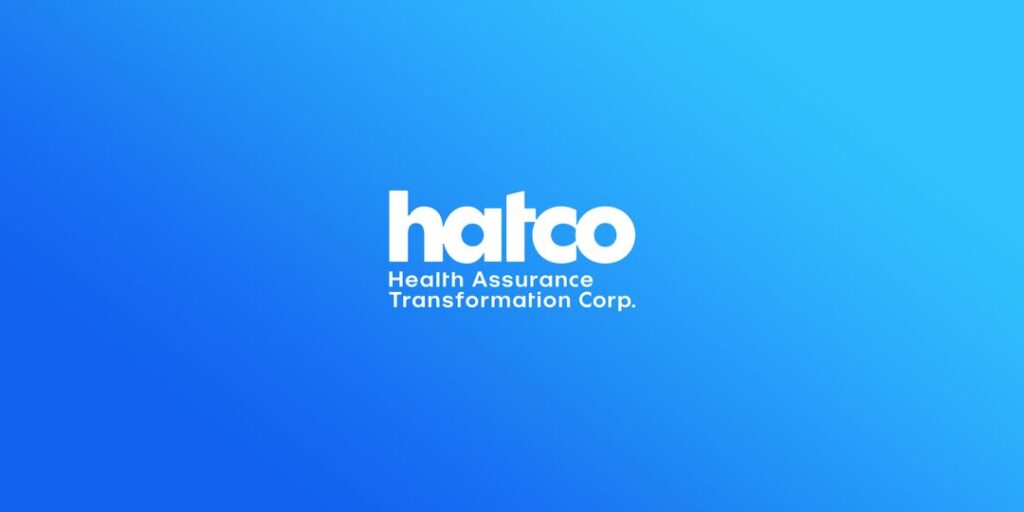
Venture capitalists (VC) firms play a crucial role in the next steps for many a start-up. They exist primarily in the realm of adolescent maturity of start-ups, where a start of returns looks favourable. But what are Venture Capitalists? what is their greater role? Can they provide value-based care?
VCs look to invest in lucrative industries (start-ups) that show good signs of growth and return. The old belief was that VCs start the process, but that’s the role of the Angel Investor. Investors seek potential in start-ups to maintain innovation and disruption in their industry. 80% of VC funds usually go towards this adolescent phase. In exchange, the start-up provides a level of ownership and sometimes operational control.
Given that VCs look for innovations in industries, it therefore also has a reach in Healthcare. Healthcare has seen significant investment since 2010. Advancements in value-based care have led to the majority of these investments. These advancements have been in the technology development areas. Technologies such as digital healthcare services are vital to provide remote care and reduce fragmentation of care. These innovations have improved cost ratios and healthcare access.
Players such as Amgen and Merck have participated in these spaces for quite some time. Both of these have invested in various spaces to innovate the healthcare space. Akili was one of their investments which saw funds being provided to develop the video game based on Project:EVO. The outcome of this was Endeavour:Rx, a now FDA-approved game treatment to improve attention function in children with ADHD“. This technology has research to show the improvement of ADHD symptoms and suggests that gaming as an adjunct to conventional treatment would help improve symptoms. The raw numbers speak for themselves, 68% of parents reported improvements in ADHD-related impairments after two months of treatment, and 73% of children reported an improvement in their attention.
VCs play a pivotal role in providing support when that adolescent phase needs maturing when deeper innovation is needed, and potentially a bigger disruption must be made to break the repetitive cycle of poor funding and poor outcomes. Essentially, the business canvas presented in VC selection speaks to long-term value – an essential tenet of healthcare.
General Catalyst is one such VC, that speaks directly to the view of creating value. In fact, they’re built on the principles of Responsible Innovation which they say is more than just an ESG policy, or “impact investing”. This type of innovation is the basis of what all their investments look to embed from the earliest stages of design. Some of their VC investments are Canva, Airbnb, and Hubspot. But they’ve been working in the healthcare space too with investments in Cityblock Health, Plume, and Doccla, as well as the recent acquisition of Livongo. But they’re not stopping there. Hatco (Health Assurance Transformation Company) is a new company owned by General Catalyst where they will focus on 3 key areas: working with health system partners to develop a journey to health assurance; building solutions to then drive this model; acquiring and operating a health system to demonstrate this blueprint.
The third area has drawn much attention with their recent announcement at HLTH 2023 indicating that the new company looks to buy a health system within the first year of operation. Their VC thinking ensures a shift to value-based care, providing financial stability for all parties in the system. It’s all based on affordable access to care. This is no doubt quite ambitious and may lean tenuously over the VC line. However, they represent a fresh way VC investment method with a focus on improving long-term outcomes at all parts of the value chain. Value at scale is what they spoke to while aligning incentives. This view allows for a “fully capitated model” while ensuring sustainable resource utilisation.
See their recent announcement in the reference link below
Cover image taken from: https://www.generalcatalyst.com/perspectives/the-future-of-health
